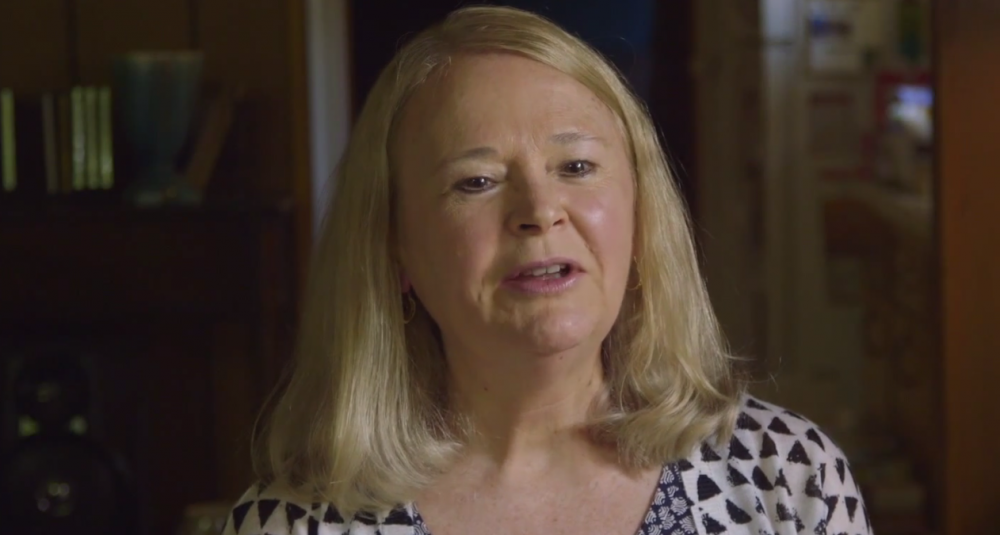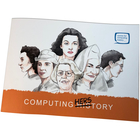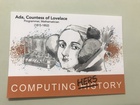Dona Bailey
|
Dona Bailey Born: 1956 Dona Bailey was born in Little Rock, Arkansas in the US. She worked at General Motors for two years where she used assembly language to programme displays and cruise control systems. She was a huge fan of the music group The Pretenders and fell in love with the song Space Invaders. After a trip to an arcade toplay the game Dona decided to leave GM, and switch to making games. In 1980, Dona went to work for Atari in their coin-op division when video games were still relatively new. As one of only a handful of women in the United States that had experience with assembly language she was highly qualified for the work, though she lacked games experience. She was also the only female programmer in the arcade division when she arrived (although other women like games designer Carol Shaw had also worked at Atari) and she was still the only female in the arcade division when she left two years later. At Atari, Dona chose to work on a project in which a segmented insect wound down the screen while the player shot at it. The game would become one of the most popular and well loved arcade games, Centipede. Dona was the software engineer on Centipede and, like other programmers, had to find workarounds for the limited memory and CPU cycle times of the era. While Dona did not stay at Atari for long, she continued working in computer programming for some time. She is now a professor of rhetoric and writing at the University of Arkansas. Although she was a key developer of one of the most popular arcade games of all time, she fell into video game obscurity until a decade ago, when her students added her to Wikipedia. Dona Bailey was one of the women profiled in our Women in Computing Festival 2017 of entitled Where Did All the Women Go?. Click here for the Women in Computing timeline created for that event.
|
|























